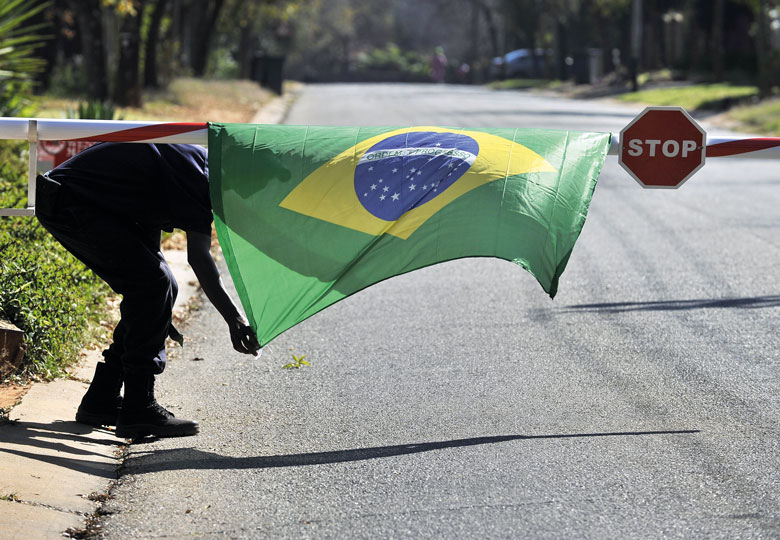In developing nations deemed too rich for fee waivers, subscription journals are the only publishing option, say three Brazilian scientists
One of the major arguments for open access is that it makes the scientific endeavour more global and inclusive. However, a recent review of open versus paywalled publications demonstrates quite the opposite: open access articles display significantly lower geographical diversity among their authors.
In our enthusiasm for open access and the democratisation of knowledge, it is too easy to forget the countries that cannot afford the typical APC fees of journals. We are seeing the muting of whole swathes of important voices. Of late, perhaps we have felt satisfaction that discounted APCs have been introduced for low-income countries. But the fees are untenable for middle-income countries. We have gone from the less affluent not being able to afford to read, to not being able to share their insights and ideas. This is the antithesis of democratisation. Something needs to change to make science open and fair and to ensure academic titles are viable.
What may surprise many in the Global North is that authors from our nation, Brazil, are generally ineligible for waivers or discounts. According to the Plan S open access principles, followed by most journals, waivers are available to authors from countries defined by the World Bank as low-income and discounts to authors from lower-middle-income economies.
No Latin American countries are classified as low income, and while disadvantaged nations such as Bolivia, El Salvador and Haiti are classified as lower-middle income, the range of discounts to which they are theoretically entitled is not specified, and discounts offered upon individual requests are often insufficient. Indeed, most low- and lower-middle-income economies have such limited research budgets that producing papers at the levels required by highly visible journals is an exceptional feat, so these waivers and discounts are rarely applied in practice.



